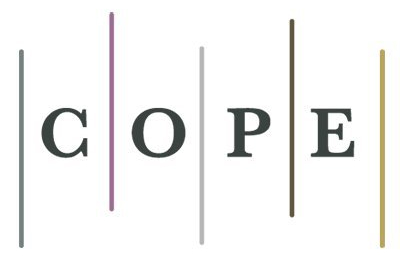State-Civil Society Partnership: issues for debate and new researches
Keywords:
Partnership. State-Civil Society Partnership. Governance. Empowerment. Social Capital.Abstract
In this paper we look at the literature related to partnership between state and civil society, especially partnership between public and non-for-profi t organisations. We discuss the differing perspectives of partnership and attempt to identify some of the main theoretical concerns about partnership between state and civil society in the governance context. In this paper, we argue that the historical background of partnership has not been included among factors used in explaining the resort to partnership in governance. In spite of existing analyses showing that partnership brings social benefi ts in their own right, we try to show that there is no evidence that this ‘social technology’ contributes effectively to bringing power to powerless people and social groups. Most of the literature shows that partnership tries to make relationship between local people and local governance stronger and improve the possibilities for powerless people and social groups to participate in local governance. However, we do not fi nd clear evidence in the literature that partnership allows for a shift in political power. Finally, we show that it is unclear whether the interaction between ordinary people and the state through a participatory process has successfully helped to build social cohesiveness for different social groups. The main contribution of this paper is to expand the understanding of the factors that infl uence the process of partnership between state and civil society (positively and negatively) for local development.Downloads
Download data is not yet available.
Downloads
How to Cite
1.
Vasconcellos M, Vasconcellos AM de A. State-Civil Society Partnership: issues for debate and new researches. Organ. Soc. [Internet]. 2014Jun.13 [cited 2024Dec.23];18(59). Available from: https://periodicos.ufba.br/index.php/revistaoes/article/view/11176
Issue
Section
Articles
License
This work is licensed under a Creative Commons Attribution 4.0 License.
The O&S adopts a Creative Commons Attributions License 4.0 in all published works, except where specifically indicated by copyright holders.





